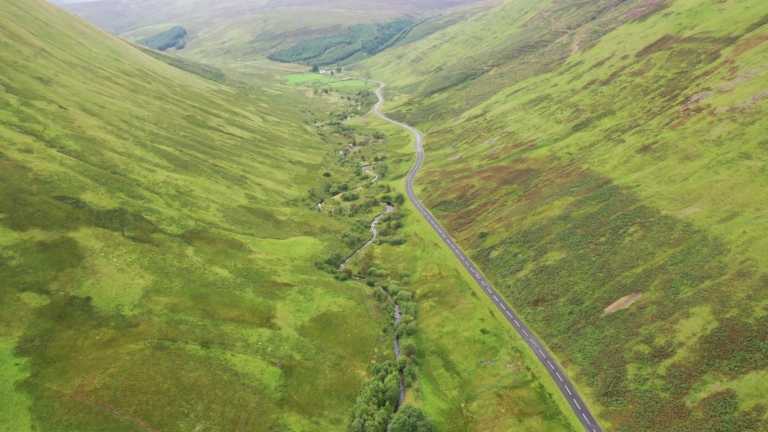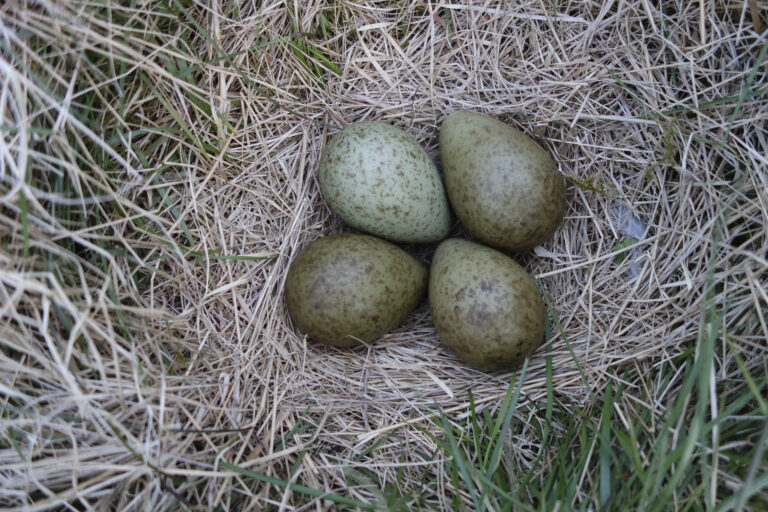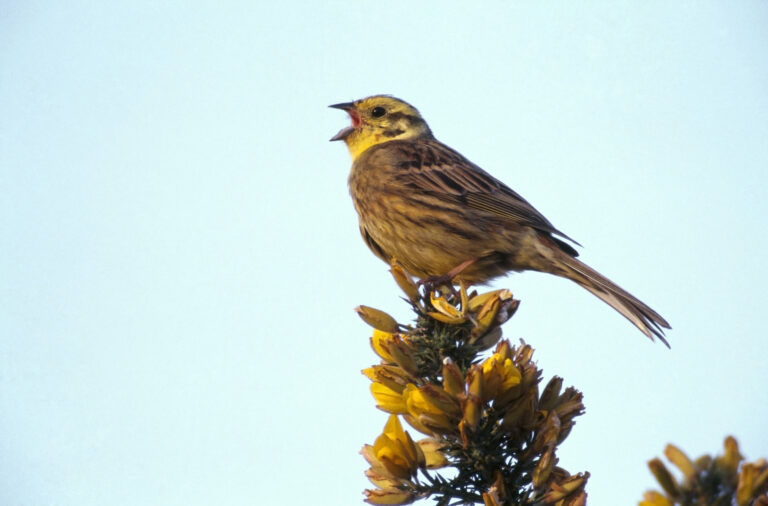Dr Elspeth Stirling from Scottish Badgers discusses the unique role farmers can play in integrating badger populations into the sustainable farming of the future so they can contribute to nutrient cycling, habitat creation and biodiversity recovery; and why the Agriculture Bill is the opportunity for a fairer system that will reward farming using nature-enhancing approaches, that many farmers already practice.
Does anyone find change easy? Probably not. However, farming has always adapted to the challenges and opportunities that the earth throws at it. Now is no different. Historically farmers have never been fulsomely rewarded for the care of nature they have undertaken. And now we are in a nature collapse, born of the impact of all human activities on earth’s resources. And farming is being asked again to take on a crucial role to help lead the way out of trouble.
It’s a big ask, so how should farming view this huge responsibility? Most would agree that farmers as individuals generally want to care for the land as part of their work; though with the present system it’s unlikely many farmers receive mainstream acknowledgement for any nature goals they achieve. The Agriculture Bill brings the potential to properly finance nature friendly farming as mainstream.
Not so long ago, farms looked different to what we’ve become used to today – more nature was integrated within the farming landscape and more soft boundaries existed between farmed and natural habitats. Let’s remember, it was the food industry and global food supply chains that drove the changes in farming since the 1960s rather than farmers’ choice.
If we want food, we depend on having functioning ecosystems in nature. Yet Scotland is one of the most biodiversity depleted countries on earth. We can’t get way with protecting what we’ve got – we’ve got to go the extra mile. So, how do we ‘grow back’ living webs of natural processes?
It means making space at sufficient scale for communities of living organisms, from microbes to mammals, to exist in a self-sufficient way without a helping hand. It means integrating biodiversity across the farmed landscape in mosaics and corridors so that farmed land benefits directly as well as biodiversity regaining the ‘glue’ that holds it together.
Where do larger mammals come into the picture? Many farmers already farm to restore nature and see badgers and other larger wild mammals as part of the solution. So, what roles do badgers fulfil in relation to the soil, water, and wider ecosystems of living organisms?
Badgers are an important part of woodland/grassland boundary ecology. It’s worth bearing in mind that badger populations were suppressed historically by persecution which resulted in local extinction across swathes of land in the north of Britain by 1929. Recovery has been patchy and 80% per cent of land in Scotland remains without any badger sett or badger signs.
As a consequence, the land has been deprived of the essential ecosystem functions these effective terrestrial engineers until recently provided.
What roles do badgers fulfil particularly relating to farming and healthy ecosystems? Badgers are excellent ecosystem engineers. As they interact with the soil badgers contribute to the breakdown and cycling of plant materials (important for soil health); help seed dispersal (important for habitat heterogeneity); create habitats to be colonised by a variety of plants, fungi, invertebrates and insects (that we need to grow crops and hedgehogs and birds need to feed on); create soil conditions that retain moisture (that help to combat soil degradation which is a major and costly problem for agriculture and inhibits fire); create a stable thermal environment in the sett (providing a crucial contribution to a range of species in buffering environmental conditions and especially to provide an insulated environment for raising young); and contribute to species abundance on a landscape level (that we need to restore biodiversity).
Larger wild mammals generally function as the glue that holds everything else in nature together, important for farming and breathing life into vital processes that keep the people of Scotland fed and the land habitable.
We support the Farm for Scotland’s Future campaign because Scotland needs nature friendly agriculture to be properly mainstream funded and expertly supported.
Disclaimer: The opinions expressed in this blog are the author’s and do not necessarily represent the views of all the organisations backing the Farm for Scotland’s Future campaign.




